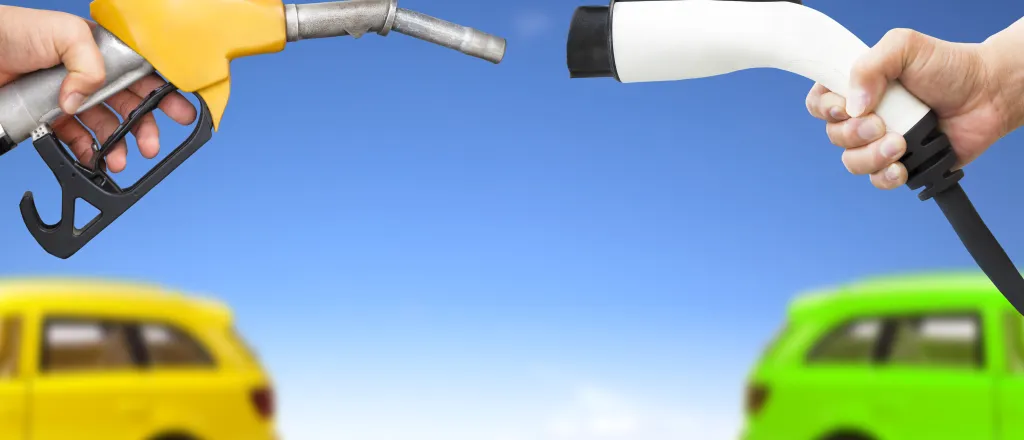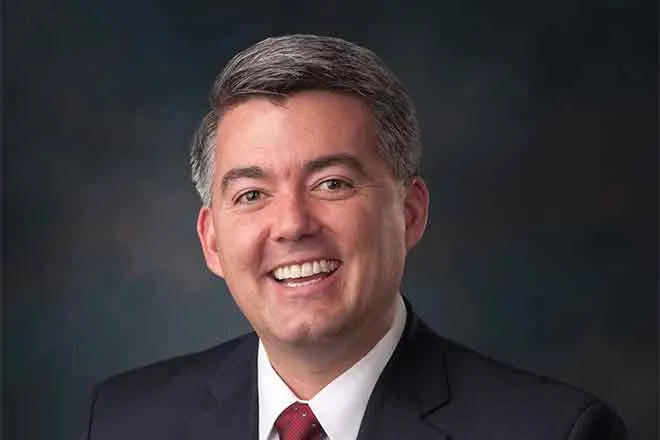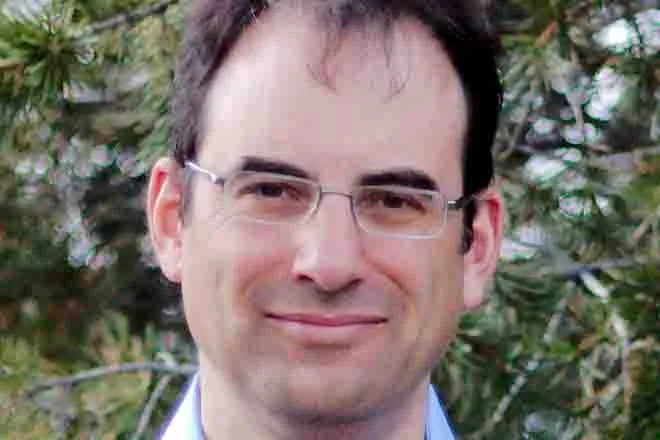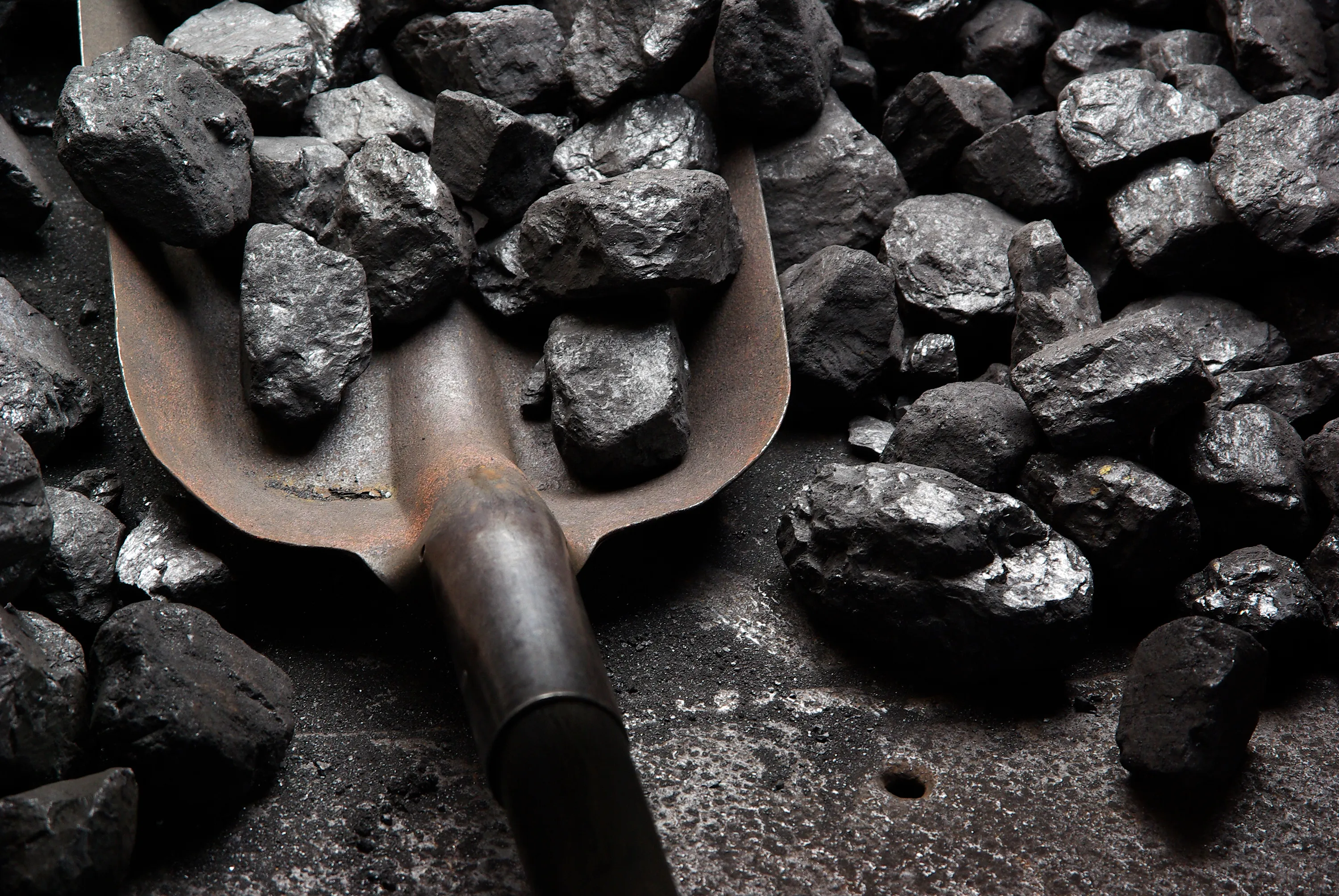
Colorado targets 82% EV sales by 2032, delays decision on full gas-powered car phaseout
(Colorado Newsline) More than 4 in 5 new cars sold in Colorado in 2032 will be required to be electric vehicles, but the state — at least for now — won’t follow California’s lead in effectively banning sales of traditional gas-powered vehicles by 2035, under a rule approved Friday by state air quality officials.
In a unanimous vote, the Air Quality Control Commission approved a proposal by Democratic Gov. Jared Polis’ administration to extend the state’s Zero Emission Vehicle rule through 2032. The rule, first adopted by the AQCC in 2019, aligns Colorado with California’s policy of requiring automakers to sell increasing percentages of EVs each year.
Extending the rule only through 2032, rather than 2035, means that Colorado will put off a decision on whether to join California in phasing out sales of new gas-powered cars entirely. Environmental groups criticized the move as a political decision by the Polis administration — a charge that some of Polis’ top climate officials did little to dispute.
“Are we as a state ready to say today that we’re banning new conventionally fueled vehicles? From both the (Air Pollution Control) Division’s and the Polis administration’s perspective, the answer is really a resounding no,” said Garry Kaufman, the APCD’s deputy director of regulatory affairs. “We believe in this future. We’re just not ready to announce that we’re banning these vehicles now.
“We all know how (a ban would be) portrayed,” he told commissioners. “It’s going to be fuel for the opponents of electric vehicles, for the entrenched interests that have an economic incentive to stick on the current path, to use to undermine these efforts.”
Federal law prohibits states from adopting their own vehicle emissions standards, with the exception of California, whose stricter standards other states can in turn choose to follow. Through a system of tradable manufacturer credits, California’s ZEV rule currently requires roughly 1 in 5 new passenger cars sold in the state to be zero-emission vehicles, with the percentage due to rise incrementally each year until hitting 100% in 2035.
Under the partial rule adopted Friday, Colorado’s ZEV requirements will end with an 82% requirement in 2032. By not adopting the full rule, Colorado will face a choice roughly five years from now between following through with California’s full phaseout or reverting to far less strict federal standards.
If we get to 82%, I think that we are headed towards full vehicle electrification ... We think it’s better to move forward to 100% when we are really sure that at all of the vehicles will be available and that the infrastructure will be there. – Will Toor, director of the Colorado Energy Office
Joe Halso, a Sierra Club attorney representing a coalition of environmental groups that urged the state to adopt the full rule, said the 2032 expiration will make Colorado an “outlier” among states that have adopted California’s clean car standards. The administration’s proposal, he said, could negatively affect the availability and sales of EVs in Colorado by creating uncertainty and failing to send a strong market signal to manufacturers, in favor of what he called a “naked political judgment.”
“The commission should decline the invitation to play politics,” Halso said in testimony Friday. “It should decline the invitation to put off for tomorrow what should be done today.”
A coalition of local governments also pushed for the full rule but said Friday’s vote represented important progress.
“It would have been great to see the agency go a little farther, but today’s decision is a huge step in the right direction,” Jacob Smith, executive director of Colorado Communities for Climate Action, said in a press release. “Colorado is facing a climate emergency and we need bold leadership like the Commission’s decision today.”
‘An emotional issue’
Throughout an AQCC hearing on the rule this week, administration officials repeatedly expressed confidence that Colorado will remain on track to potentially extend its ZEV rule into 2033 and beyond.
“Aiming for 82% is an extremely ambitious goal,” said Will Toor, director of the Colorado Energy Office. “One that a few years ago, I think, very few people would have believed was feasible.
“If we get to 82%, I think that we are headed towards full vehicle electrification,” he added. “We think it’s better to move forward to 100% when we are really sure that at all of the vehicles will be available and that the infrastructure will be there.”
Toor also raised the possibility that by adopting the partial rule, Colorado will set an example that “more states with similar demographics and politics” could follow. By contrast, both he and Kaufman argued that enacting a ban now could undermine the state’s efforts to build consensus around effective climate policy.
“Cars are important to people. It’s an emotional issue, to say what I’ve always had, what we’ve relied on in our society, we’re not going to have anymore,” Kaufman said. “That’s a tough sell for people, and we don’t need to do it.”
Following a well-worn pattern, the AQCC — a nominally independent rulemaking body whose nine volunteer members are appointed by the governor — voted to adopt the proposal put forward by the Polis administration. It rejected two alternative proposals brought forward by environmental groups; one would have adopted the full California rule, and the other would have extended the standards through 2034, when they will require 94% EV sales.
Former Boulder County commissioner Elise Jones and Jon Slutsky, a retired dairy farmer from Fort Collins, were the only commissioners to voice support for adopting full rule.
“I don’t feel like we’re supposed to be a political body,” Jones said prior to the vote. “I think we’re supposed to weigh the evidence in the record, and move forward with things that are cost-effective and feasible, and achieving our role in protecting and cleaning up Colorado’s air.”
In adopting the Polis administration’s version of the rule, commissioners approved amended language requiring the APCD to propose an extension to the ZEV standards no later than July 31, 2029.
“This is a first step that should be followed ASAP by adopting the full clean car standards through 2035,” Alana Miller, Colorado policy director with the Natural Resources Defense Council, said in a press release. “That’s the path to delivering billions of dollars of added economic, health and climate benefits to Coloradans, especially children, elderly people and overburdened communities disproportionately impacted by pollution. That’s the path to a victory lap everyone deserves.”
Colorado Newsline is part of States Newsroom, a network of news bureaus supported by grants and a coalition of donors as a 501c(3) public charity. Colorado Newsline maintains editorial independence. Contact Editor Quentin Young for questions: info@coloradonewsline.com. Follow Colorado Newsline on Facebook and Twitter.

















